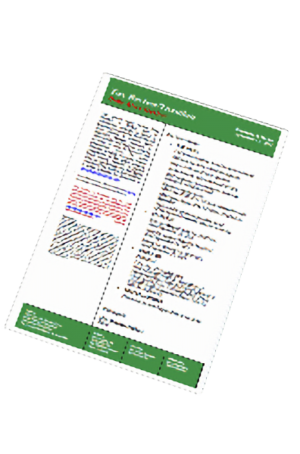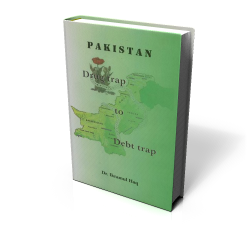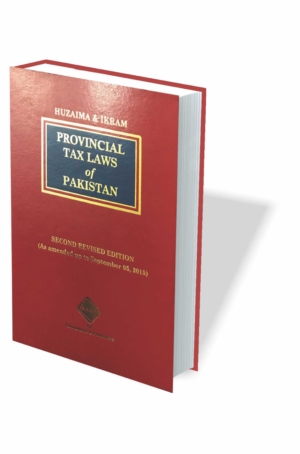Description
Pakistani tax laws have continuously been subjected to drastic changes through annual Acts/Ordinances and in between by different Presidential Ordinances and Statutory Regulatory Orders (SROs). As if it was not enough, the Government decided to repeal the Income Tax Ordinance, 1979 with effect from 1st July, 2002. The repealed Ordinance had twenty-three years of existence and after numerous judicial pronouncements and amendments had earned universal acceptance. It is unfortunate that without any cogent reasons, this law was repealed. We have commented in detail about this aspect under section 1 of the new Ordinance. The new Ordinance, notified on 13th September, 2001, amended substantially (over 700 amendments inserted over five years) since its inception which, is an open admission of the fact that how badly it was drafted in the first place. There were apprehensions that there would be more amendments in the coming years as well. It still contains many typographical errors, drafting blunders, conceptual inconsistencies, legal dichotomies and lacunae.
At the time of promulgation of the new law, everybody felt an immediate need for a commentary income tax that covers both the new and the repealed codes in such a manner that in the transitional period understanding of this law could be facilitated. This section-wise commentary has been specifically designed to present the readers with:–
- Comparable position under both the laws with explanatory notes.
- Commentary supported by departmental circulars and case law.
Since the new law is vulnerable to frequent changes, it was decided to present this book in loose-leaf binding (post-lock system) so that a regular up-dating service could be provided through 24-hours on-line facility http://www.huzaimaikram.com and printed replaceable pages.
The study of income tax law requires a systematic analysis of its provisions which is possible only on the basis of an authoritative treatise giving detailed, reliable, authentic and thorough coverage of principles of taxation and interpretation of statutes. This work is a humble attempt to fulfil these objectives. There has been an increasing demand from our invaluable readers of a commentary on income tax law, which is not only comprehensive and up to date but also makes the exposition of a difficult and intricate subject, lucid through appropriate analysis and comments so as to make them understand the law in an interesting and fascinating manner. We have tried our best to come up to their expectations.
This work, spread over three volumes, deals elaborately and exhaustively with all the provisions of the Ordinance 2001 [with comparable provisions of the repealed Ordinance] and the Income Tax Rules, 2002. The Third Volume also contains ITAT Rules, 2005, CVT, FTO Ordinance and other related enactments. The new tax code is explained through a descriptive writing style critically analysing and examining each provision of law in the context of established principles of interpretation of fiscal statutes, judicial pronouncements and departmental instructions. In addition, we have given our own critical comments wherever so required.
This commentary employs a fresh and novel approach to the study of income tax law keeping in view specific requirements of chartered accountants, taxpayers, lawyers, researchers, tax management consultants, income tax practitioners, officials of the Income Tax department and the corporate sector. The most distinguishing feature of this commentary is its presentation in concise form and regular up-dating service, unlike commentaries available from India [nobody in Pakistan has attempted anything of this kind since late Mr. Raza Naqvi’s Commentary] which are covered in many volumes and are not up-dated regularly. This pioneer work has several unparalleled features which make it distinct from those available in the market:
The entire material is presented in a reader-friendly manner;
Each provision of law is provided with legislative history, comparable analysis, comments and excerpts from case law and other interacting laws;
Departmental circulars/instructions which are still relevant as per section 239(10) have been reproduced;
Relevant case law presented with intelligent classifications and self-explanatory headings making it absolutely convenient for the readers to find out answers to their peculiar queries;
A point of law not judicially annotated has been critically and comprehensively commented upon.
Since this book is regularly up-dated, there remains continuous room for improvement. We assure our readers that on the basis of their views, comments and criticisms, which are most welcome, every possible effort will be made to make the present work better. We are conscious of the fact that being a pioneer work it must contain many mistakes and short-comings.
Huzaima Bukhari
Dr. Ikramul Haq






